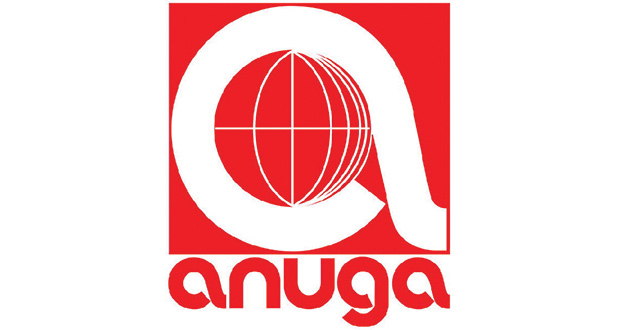Themes Setting the Trend at Anuga 2019

What is coming, what is staying and what is new? The entire diversity of the world of food and beverages will be on display again from 5 to 9 October 2019 in Cologne. Whether vegetarian and vegan, gluten and lactose-free, superfoods or ready-to-go products – there is something for all needs. Around 7,400 exhibitors from 100 countries are using the world’s most important industry meeting for the food and beverage industry to present their latest trends and innovations. The trend themes reflect the current developments within the industry. Beyond this, Anuga places a consistent focus on the industry trends of the future.
In addition to diversity and internationality, the “10 trade shows under one roof” trade fair concept, offers top buyers from all over the world also a close interlinking with the respective trend themes. The clear structure divided up into industry-specific segments ensures a good orientation. Each of the individual trade shows is unique in itself and in some cases also the leaders of their segment. The following trends will play a key role at Anuga 2019 (Source: Innova Market Insights).
Functional and free from products
“Free-from” is becoming an increasingly more popular category. In 2018, 23% of all new foods carried a “free-from” notice. Gluten-free products stand out within this group. In 2018, 58% of all free-from products were gluten-free products, whereby vegan products with an average annual increase of 30% since 2014 (annual overall growth 2014-2018) recorded excellent growth.
Halal Food
Halal-certified food that corresponds to the Islamic dietary rules, is gaining significance. The increasing demand for halal ready-made products in the Near East, combined with the growing demand in the West, is leading to a strong growth in the segment of halal-certified food.
Kosher Products
The demand for kosher products is increasingly strongly. The distribution of these foodstuffs, which correspond with the Jewish dietary rules, is increasing according to data provided by Innova Market Insights on product introductions. In 2018, 33% of the kosher products were also gluten-free, 25% were free of genetic modifications and 22% carried a “without additives and preservatives” notice.
Non-GMO Products
In 2018, over 5% of the newly introduced products worldwide carried a “non-GMO” notice, which corresponds to an average annual growth of 14% since 2014. Over the past years, North America has taken over from Europe as the leading market region for “non-GMO” notices.
Organic Products
The percentage of new products that fall under the organic segment grew from 8.8% of the new introductions in 2014 up to 10.5% in 2018. In Europe with an average annual growth of 15.5% the share of organic seals among the newly introduced European foodstuffs is even more significant (annual overall growth 2014-2018).
Products with protected designation of origin
The interest in and awareness about the origin of their foodstuffs is being expressed by the fact that the consumers want to know how their food is produced, where exactly it comes from and which quality the ingredients have. Locally and regionally produced foods appear to be more trustworthy to the consumers. Furthermore, certificates of origin like the pdo (protected designation of origin) or pgi (protected geographical indication) enhance the image of traditionally manufactured products and underline their origin and quality. Indeed, 10% of the consumers want their fruit and vegetables, meat, fish and eggs to be of local origin or locally produced (Innova Market Insights, consumer survey 2018).
Ready-to-eat Products
Traditional meal times and situations are becoming less and less common and the consumers are looking for fast, convenient and yet nevertheless healthy solutions that suit their busy lifestyles better. Consumers are increasingly looking for healthy, tasty to-go snacks in practical packing. For snacks the priority lies on the sense of taste and authentic aromas, whilst the demand for global aromas is increasing fast. In 2018, one of four ready-made meals and to-go products were gluten-free, which corresponds to an average annual growth of 37.2% (annual overall growth 2014-2018). Further important notices are high protein content/source of protein. High fibre content/source of fibre, ecological and natural.
Superfoods
Foodstuffs that are of especially favourable nutritional value can be classified as superfoods. These are nutritious foodstuffs that have a special added value for the health and well-being. The number of newly introduced foodstuffs that are marketed as superfoods, has recorded an average annual growth of 12% (annual overall growth 2014-2018).
Products based on fair trade
Fairtrade focuses on the international development, social equity and fair economic profits. Although it is still a niche market, less than 1% of all newly introduced foodstuffs displayed a “Fairtrade” notice, these recorded a stable average annual growth of 6% (annual overall growth 2014-2018). Sweets and hot drinks are the two main categories for the Fairtrade certification.
For further details: www.anuga.com
